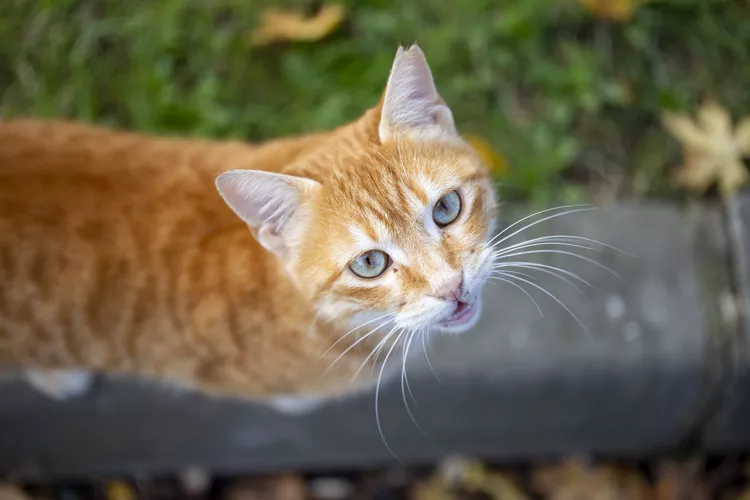
Grapes are a healthy snack for human; they are juicy, sweet, and almost irresistible. It has long been known that grapes are toxic to dogs, but what about cats? Can cats safely eat grapes?
There is much more research pertaining to dogs and grapes, as well as more documented cases of toxicity. However, cats can also become ill after ingesting the fruit. Illnesses seen in cats after eating grapes are typically related to the gastrointestinal tract, such as vomiting or diarrhea, but there have been reports of more serious issues, such as kidney failure.
In dogs, recent research has led scientists and veterinarians to believe that the tartaric acid in grapes could be the reason for their toxicity in pets.
Whether cats are as sensitive to tartaric acid, and therefore grapes, like dogs, is not completely known at this time. Some cats have suffered a gastrointestinal upset after ingesting this sweet fruit, and more serious problems such as kidney failure have also been reported. Kidney failure is the reason why grapes are so dangerous to dogs, and this condition can potentially be life-threatening. This is why it’s so important to completely avoid feeding grapes to your pet.
Toxicity aside, grapes are probably not the best choice for a cat snack. First, cats are nutritionally classified as obligate carnivores, which means their diet should consist of mostly meat. If cats eat too many fruits, vegetables, or grains, they likely won't be hungry enough to consume an adequate portion of cat food.
Additionally, it has been shown that cats lack sweet taste receptors, which means they will not be able to taste grapes as we do and will likely not enjoy them. There are definitely safer and more tasty treats for your feline friend.
One more reason to keep your grapes out of the reach of your cat is that due to their small, round shape; they can be dangerous choking hazards. Choking on grapes often occurs when the cat is trying to rapidly ingest the fruit, especially if they are sneaking it off of the table or counter.
Often, the predominant issue seen in cats that have eaten grapes is gastrointestinal upset. The cat may vomit, experience stomach pain, and have diarrhea. Toxicity resulting in kidney failure is a possibility as well. Clinical signs you may observe in your cat after grape ingestion include:
If your cat has eaten grapes, you should take them to the nearest veterinarian as soon as possible. It is not recommended to wait for clinical signs to appear as early intervention drastically improves prognosis. If your cat's kidneys are damaged, the condition may be serious or even fatal.
Raisins also contain tartaric acid and may also cause gastrointestinal upset as well as kidney failure. It is also important to bear in mind that raisins are found in many cookies, bread, and other dishes that your cat may eat. Any food that contains raisins should be kept out of the reach of your cat.
Cats can be sneaky, and they may find and eat grapes and raisins before you know. The best advice is to make sure any of these fruits are put away in a cabinet or the refrigerator so your cat cannot access them. Be aware that due to the agility of cats' paws, many are able to open cabinet doors. You may need to "baby proof" doors to keep your cat out.
Especially for raisins, always ensure that products containing them are kept out of your cat's reach. If you are going to share your meal with your cat, make sure you are aware of all of the ingredients before giving them any. To learn what other foods can be dangerous and should be avoided in cats, read our article here: 5 Common Foods in Your Pantry That Are Not Safe For Your Pets.
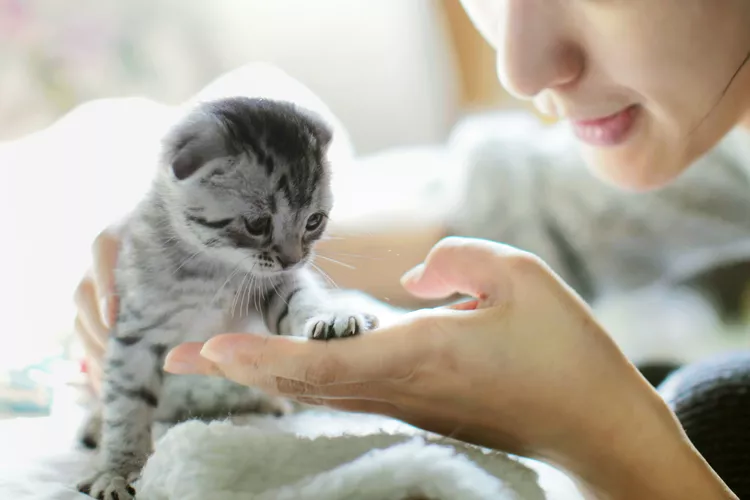
The First 30 Days With Your New Kitten
The first month is full of changes and excitement for a kitten in a new home. Find out what to expect and what you can do for your new feline friend.
How Old Is Your Cat in Human Years?
As a cat ages, there are often behavioral and physical changes too. Find out how to convert cat years to human years and what to expect at each stage.
What to Buy for Your New Cat: A List of Essentials
Before you bring your new cat or kitten home, there are a number of things to collect or buy so your cat will feel welcomed like a family member.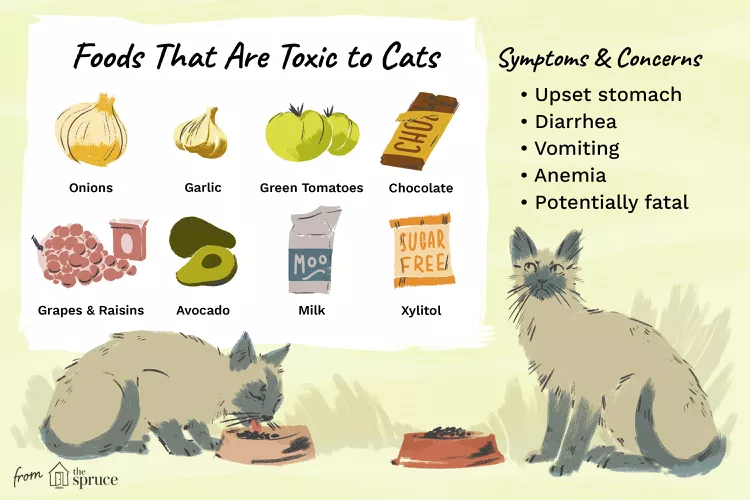
Human Foods That Are Poisonous to Cats
Many human foods are toxic to cats. Avoid feeding cats table scraps. Instead, feed a nutritious cat food created for their specific nutritional needs.
Cat Food Ingredients to Avoid
When checking the nutrition content of cat food, look for ingredients that are not healthy or show it is of poor quality. Avoid these 3 ingredients.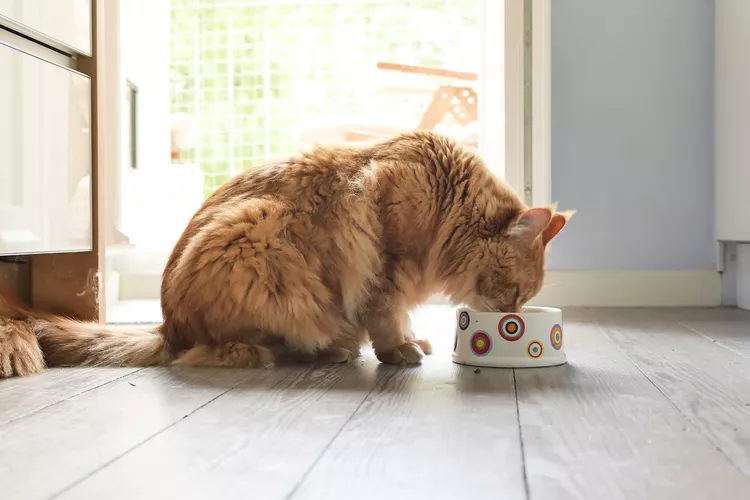
Should You Feed Your Cat a Raw Diet?
Learn the pros and cons of raw diets for cats, and find out how to choose a raw food diet for your own cat.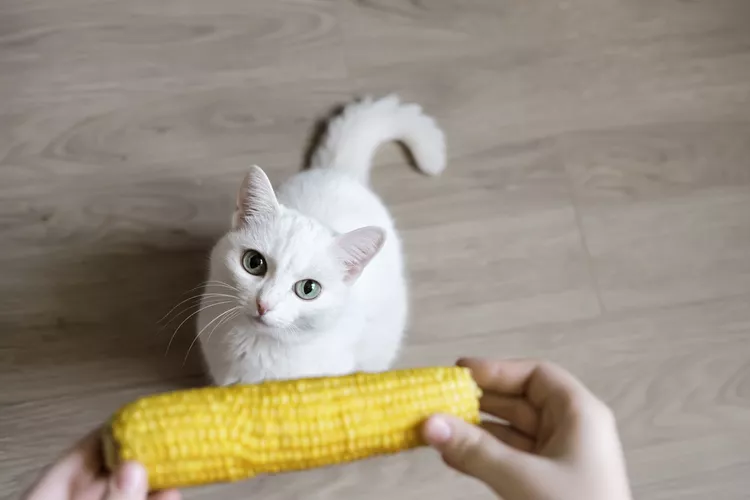
Can Cats Eat Corn? Here's What A Vet Thinks
Corn is a common ingredient in cat food and can be a safe treat for cats when fed in moderation. Find out more about how to safely feed corn to your cat.
10 Obscure, Little-known Canine Facts in Honor of National Dog Day
With National Dog Day upon us, it's time to celebrate everything about our favorite pets—even the weirder stuff. Here are 10 obscure facts about dogs you probably didn't know.
The Different Types of Pet-Friendly Workplaces
Discover the different types of pet-friendly workplaces and the benefits they offer employees. Learn how to create a pet-friendly workplace and the best practices for pet owners.
Exploring the Different Types of Pet-Friendly Beaches
Are you looking for pet-friendly beaches? Learn about the different types of pet-friendly beaches, their locations, and tips for visiting them with your pet.
Why Is My Dog Lethargic?
Lethargy can be a sign that something is wrong with your dog. Find out what may be causing this lack of energy and what you should do about it.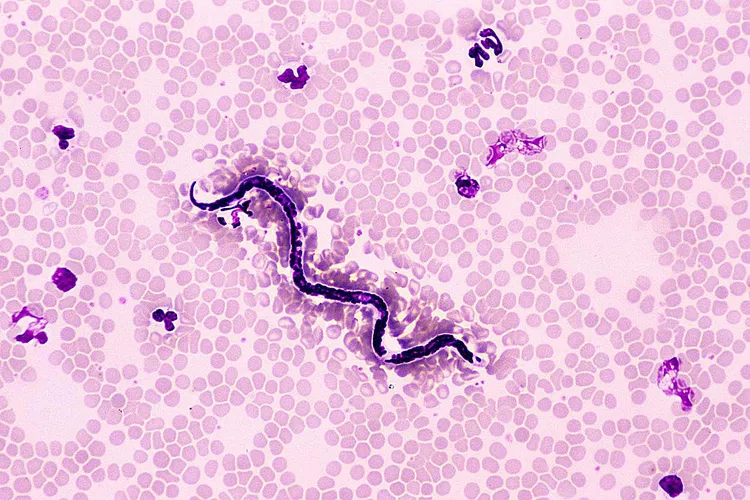
Medications to Prevent Heartworm Disease for Dogs
Heartworm disease is a serious risk for all dogs exposed to mosquitos. Find out about the products used to prevent Heartworm disease in dogs.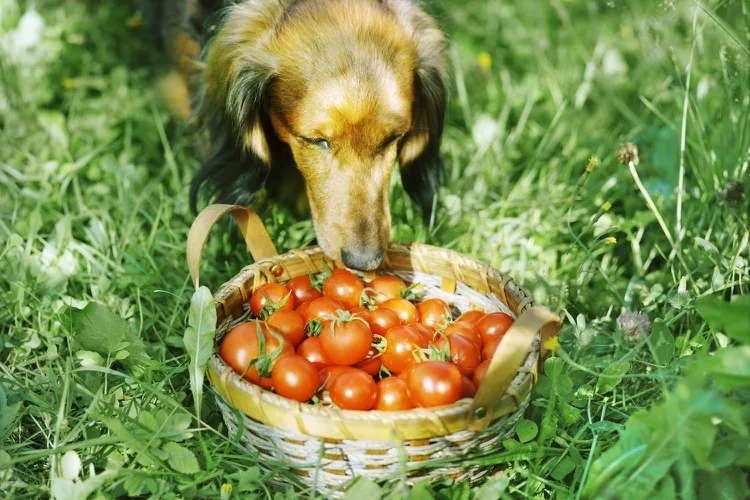
Can My Dog Eat Tomatoes?
You'll want to keep Fido out of your garden since the tomato plant is toxic, but you can safely offer him ripe tomatoes as a nutrient-packed treat.
15 Best American Cat Breeds
Several cat breeds, including the American shorthair and Bengal, have their origins in the United States. Learn more about these American cat breeds.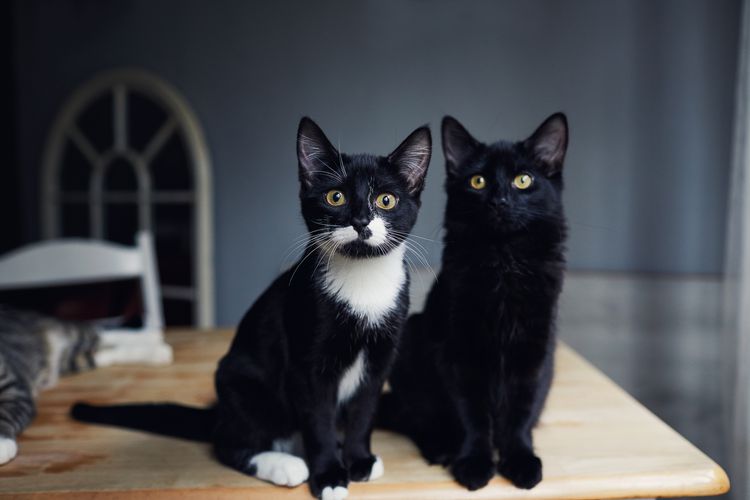
Why Do Cats Slap Each Other?
Cats can have some quirky behaviors—one of them being slapping each other. Why do they do this and what can you do to stop it?
Skye Terrier: Dog Breed Characteristics & Care
Learn all about the Skye Terrier, an elegant breed known for its friendly and even-tempered personality with classic terrier traits.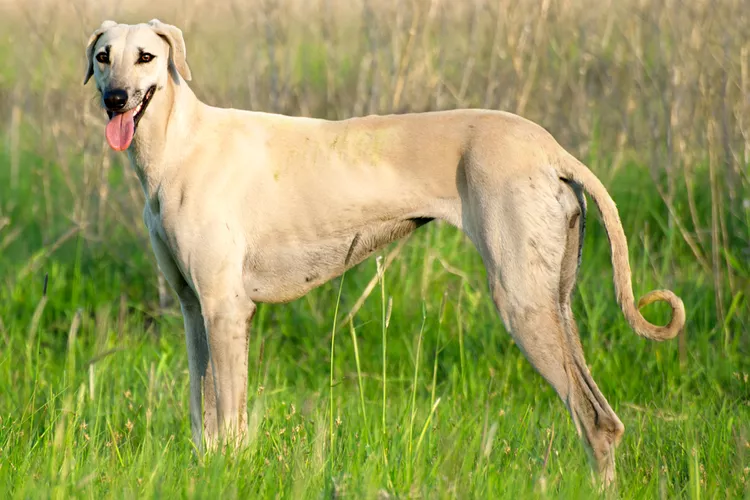
Sloughi: Dog Breed Characteristics & Care
Learn all about the Sloughi, an ancient dog breed known for its impressive running ability, slim stature, and affection toward its family.
English Setter: Dog Breed Characteristics & Care
Learn about the English setter, an excellent hunting breed for pointing and retrieving game. It's also a popular and affectionate companion dog.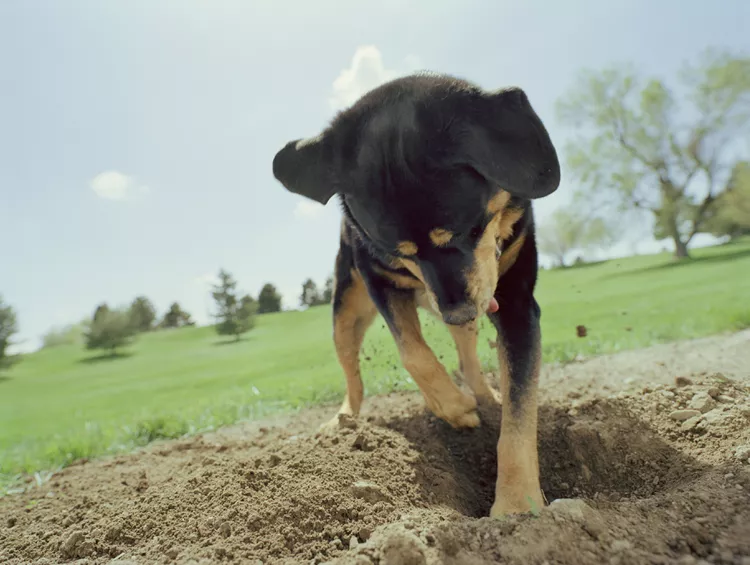
Why Dogs Bury Bones and Other Objects
If you give a dog a bone, he might bury it. Why is that? Learn about this burying behavior in dogs and what it means for your pet.
Reasons Why Dogs Run Away and How to Stop It
Dogs can escape, especially if they’re bored and not properly contained. Here are some techniques for stopping your dog from running away.